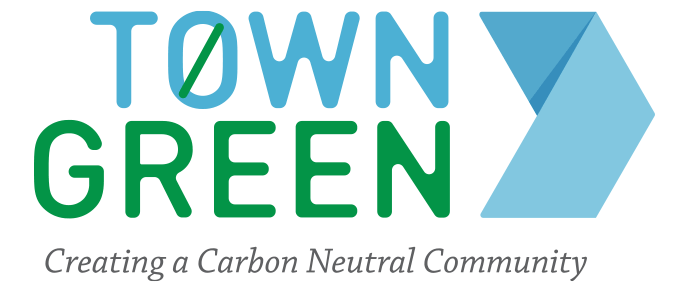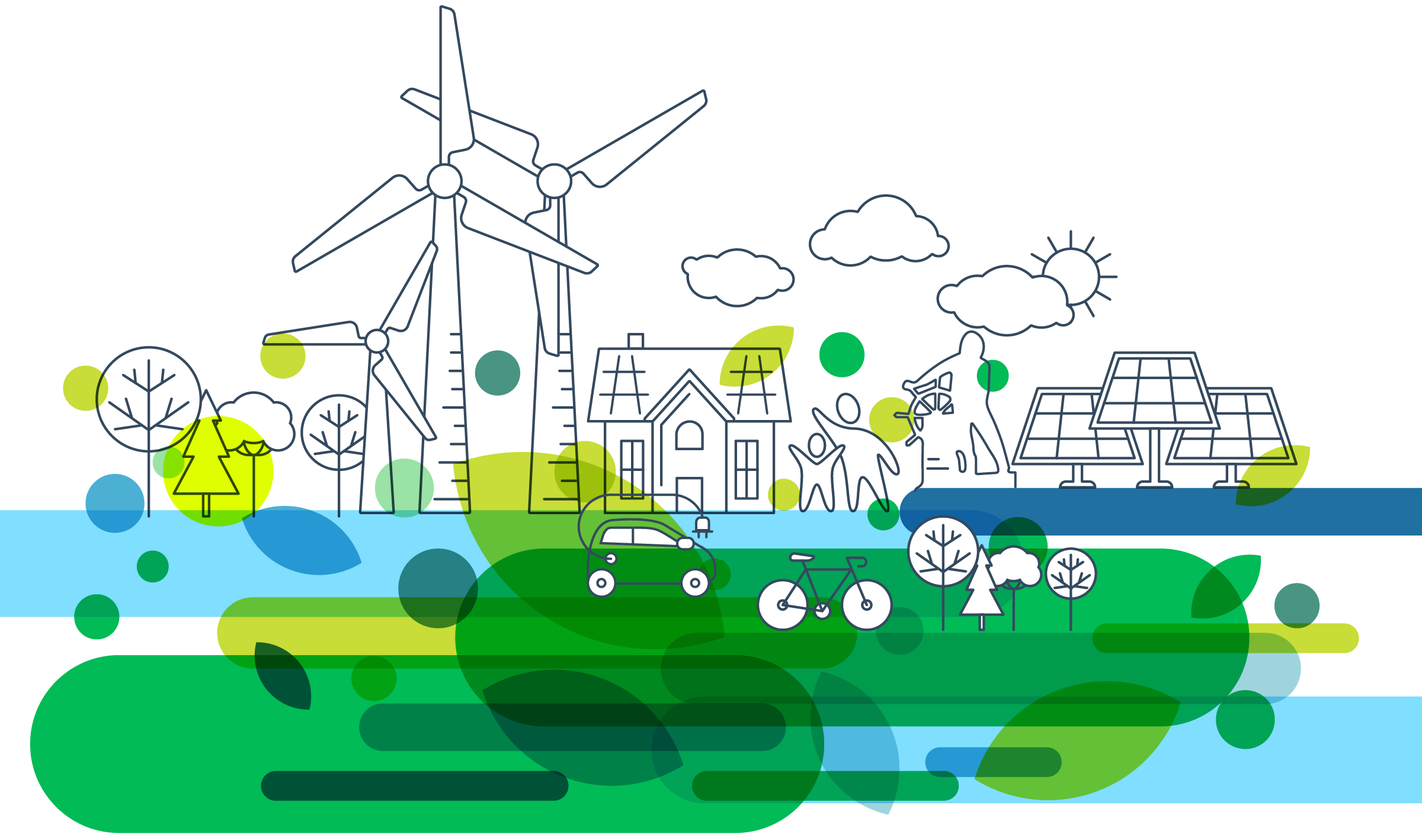Massachusetts Legislature Approves TownGreen $200K Funding for Cape Ann Ecological Restoration Study
As the heat waves enveloping the world this year in North America, Europe, India, and China make clear, the impacts of climate change are not a future occurrence. Climate change impacts are here and are only going to get worse for both the planet, our country, our state, and the Cape Ann region. Given this reality, it is only fitting that TownGreen’s work on the policy level has advanced this year, presenting studies and options to Cape Ann municipalities and Cape Ann citizens on how we can lessen the impacts of climate change.
And, we have good news to share. TownGreen’s plan for Year 2 – a $200,000 request from the state of Massachusetts to fund a study on Cape Ann’s natural systems – has been approved by the Massachusetts Legislature. TownGreen is grateful for the sponsorship of State Senator Bruce Tarr and the strong support of Representative Ann-Margaret Ferrante, who are members of the Ways and Means Committee.
The Ecological Restoration Study Summary
Here is a brief overview of the study: Ecological Restoration: Climate, Nature-Based Solutions, and Community Benefits.
Cape Ann’s interconnected marshes, eelgrass beds, wetlands, rivers, upland forests, vernal ponds, farms, and urban green infrastructure will be assessed and innovative management approaches will be recommended to maximize the benefits these ecosystems can provide. Goals will include not only restoring the health of degraded landscapes and habitat, but also enhancing the values that properly-functioning natural systems yield, including carbon sequestration, biodiversity, storm and flooding protection, job creation, cooling in dense neighborhoods, local food supplies, recreational spaces, psychological and spiritual well-being, and other values that properly-functioning natural systems can provide. There will be opportunities for residents to participate who have strong attachments to the land and coastline and reliance on the resources they provide.
This second phase of collaborative design work with the Harvard University Graduate School of Design will focus on three types of Cape Ann habitat: coastal and aquatic ecosystems; upland forests; and urban green infrastructure. Several pilot areas will be selected for in-depth study, for example, Ipswich Bay marsh and wetlands ecosystems and Good Harbor Beach and marsh; forested areas in Dogtown and in Manchester and Essex; and residential neighborhoods with potential for tree-planting, pocket parks, and native plants. Bio-engineered designs that mimic nature will also be developed for offshore Living Shorelines or innovative seawalls. And, illustrative designs for selectively incorporating affordable housing, farming, or renewable energy into undeveloped lots without compromising ecosystem health will be explored.
TownGreen Releases The Great Storm of 2038: Scenario 0 and Adaptation: Scenario 1 to the Public
TownGreen is excited to release the 2022 TownGreen and Harvard University Graduate School of Design study Scenario 0 that provided the residents of Cape Ann with a visualization of the impact of a Category 3 Hurricane in 2038, plus Scenario 1 that looks at how Cape Ann can adapt to climate change and sea level rise.
This final version includes new research from Professor Waldheim and Kira Clingen that was not included in earlier versions of this study. While TownGreen’s Board is still digging into the study and reviewing the new research, we all felt it important to release the scenarios to the public so you can share in our review. The study presents many options, serious options, to consider given sea level rise and global temperature rise, that will shed light on what we can do to advance our collective actions at the individual, household, neighborhood, municipal, and regional levels.
TownGreen plans to select specific iconic areas identified in the report and invite stakeholder groups to participate in webinars to explore the questions raised by the study. We plan to start this fall by looking deeper into Good Harbor Beach and its surrounding areas.
Access the 2022 TownGreen/Harvard University Graduate School of Design Scenario 0 and Scenario 1 Study
- Link: https://capeann.officeforurbanization.org/
- Public Username: capeanncoalition@officeforurbanization.org
- Public Password: dogtowncommon
Excerpts from the Scenario 1: Adaptation Study
“Sea level rise and storm surge will reshape Cape Ann’s beaches in the near future. In areas with steep or rocky upland topography, some beaches will not be able to migrate inland. These beaches should be allowed to erode without diverting limited municipal resources”
Source: https://capeann.officeforurbanization.org/
“Historic shoreline armoring practices, including revetments and seawalls, have limited effectiveness and exacerbate erosion. Living shorelines are nature-based restorative approaches that combine living materials (such as oyster shells, natural fiber, and native vegetation) with sand and stone. These shorelines are designed to protect property and prevent erosion while improving habitat, water quality, and the ecological condition in a way that is consistent with the character of coastal areas.”
Source: https://capeann.officeforurbanization.org/
“Buildings and infrastructures constructed in current and former (filled) marshland are more likely to flood in the near future. Degraded marshlands, including marshes with agricultural mosquito ditches, should be the first priority for coastal adaptation. Marshland developments that flood intermittently should be returned to nature wherever possible to increase the resilience of Cape Ann’s natural ecosystems.”
Source: https://capeann.officeforurbanization.org/
For more information or to get involved, contact:
Dick Prouty: dick.prouty@gmail.com
Greg Federspiel: federspielg@manchester.ma.gov
Valerie Nelson: Valerie.i.nelson@gmail.com
TownGreen August Happenings
In the August newsletter, we will have news on the final report for the EPA Building Blocks for Resilience Workshops and on the combined efforts of the Harvard University Graduate School of Design and The Voices Project. The interviews volunteers conducted helped to identify core values and priorities of Cape Ann residents.
TownGreen Open Forum: Tuesday, August 23rd at 7PM on Zoom
The next TownGreen Open Forum will provide a summary of ongoing projects, news, and allow for the public to ask questions and participate in discussions regarding climate change impacts and strategies on Cape Ann. TownGreen Newsletter subscribers will receive information on how to login. Sign up for the newsletter if you would like to receive regular TownGreen updates.


